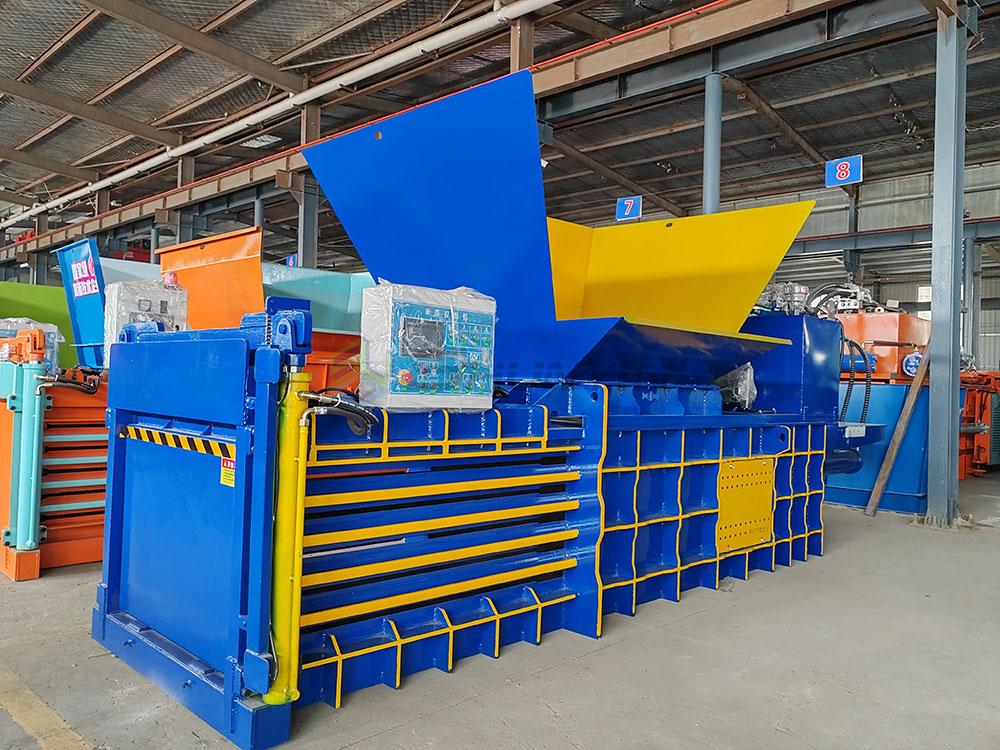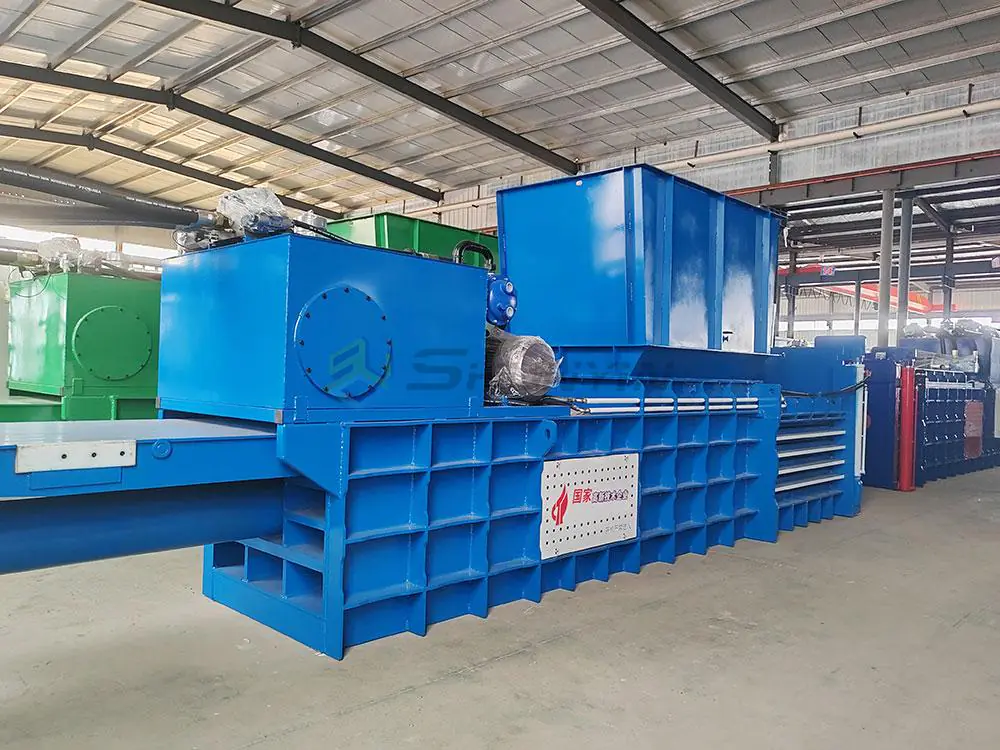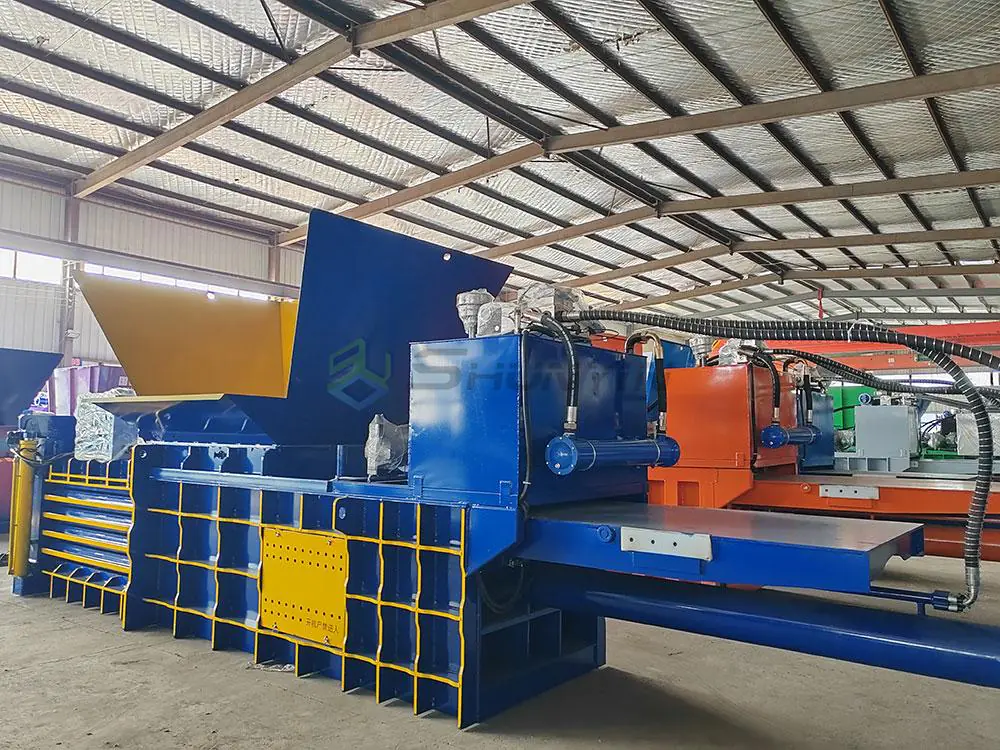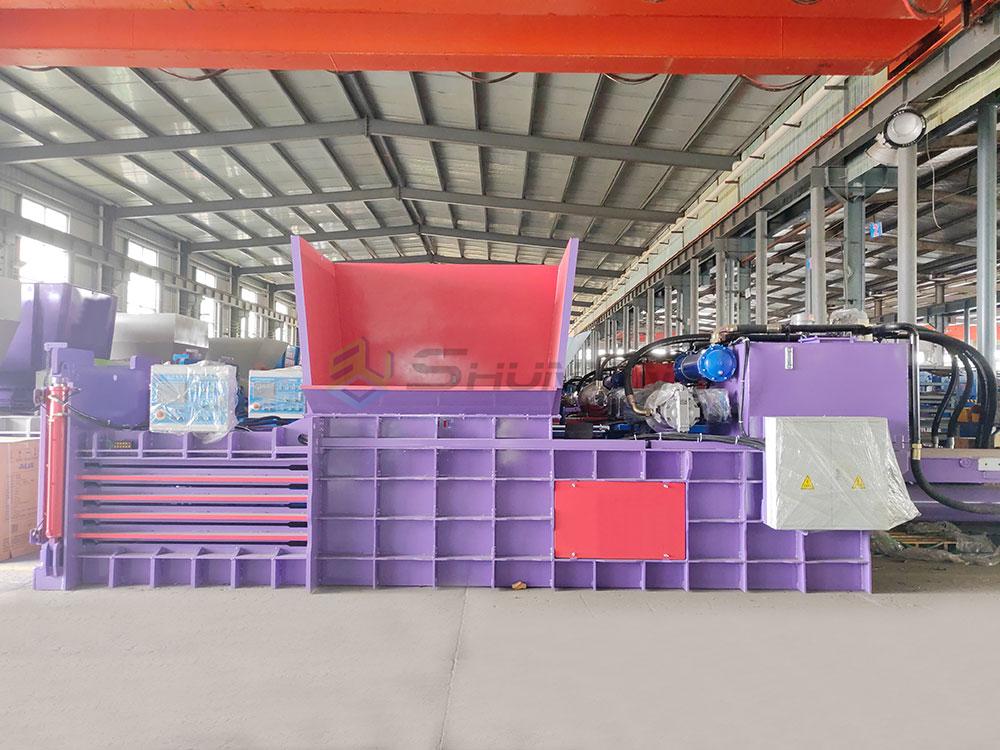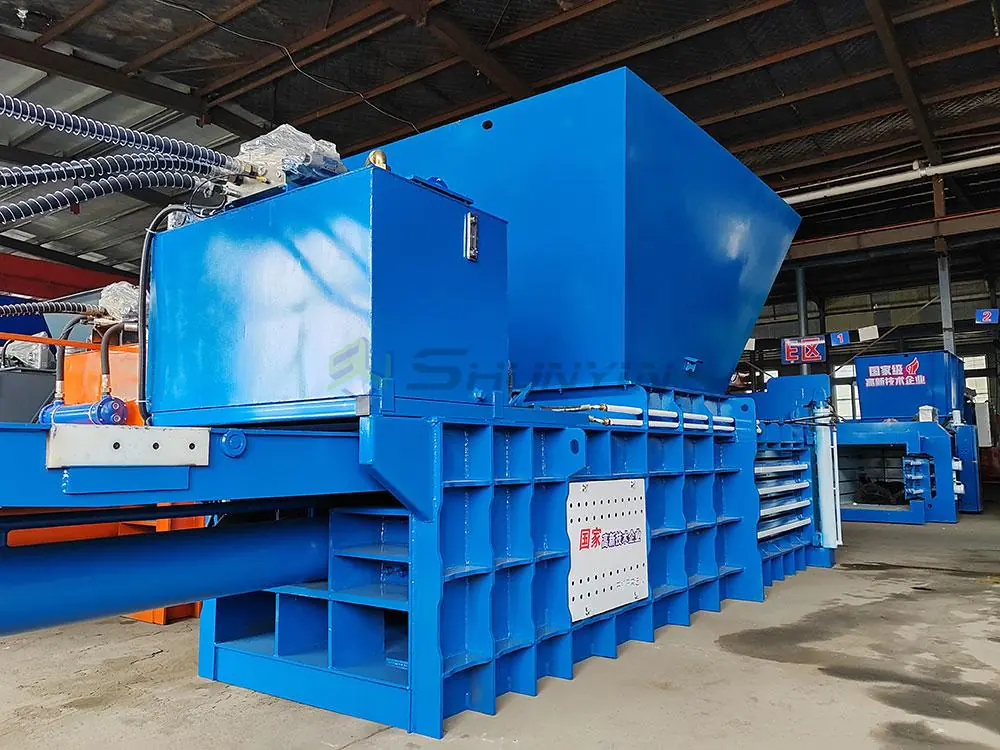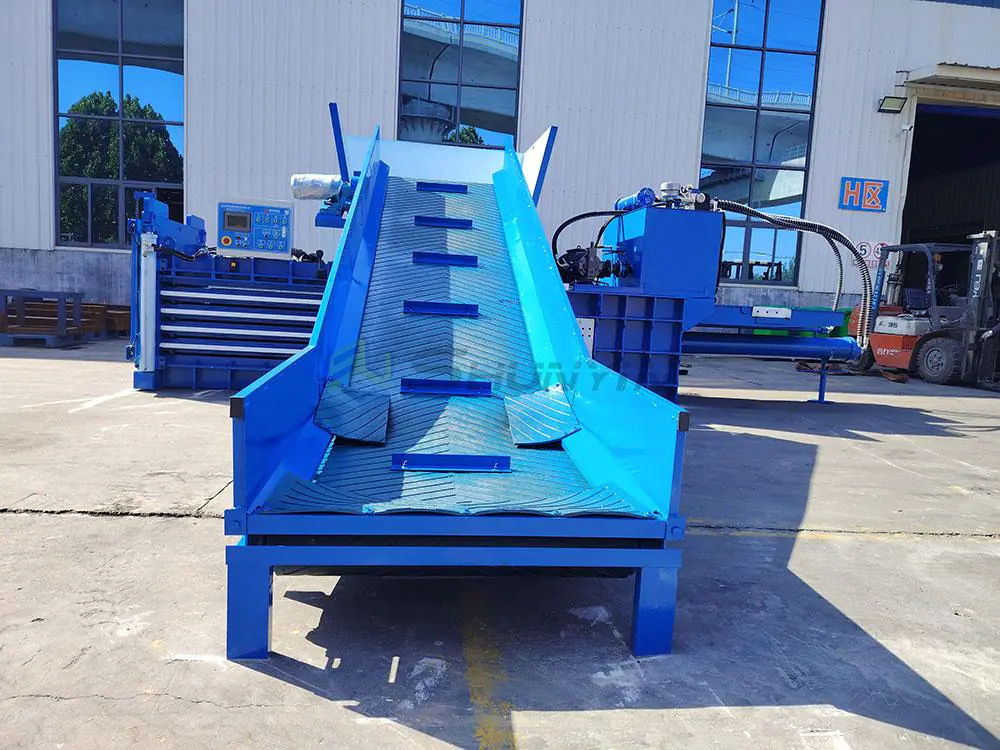
Waste generation is a growing concern for businesses and industries worldwide. Managing waste efficiently is no longer just an operational need—it’s a responsibility. Businesses looking to reduce waste volume and support sustainability efforts need the right equipment, and horizontal balers play a key role in making waste management more effective.
Horizontal balers are essential for sustainable waste management, as they compact recyclable materials into dense bales, reducing waste volume, lowering transportation costs, and improving recycling efficiency. These machines help businesses minimize their environmental footprint while optimizing waste handling operations.
The push for sustainability requires innovative solutions. Let’s explore why sustainable waste management is necessary and how horizontal balers contribute to this important practice.
Why do we need sustainable waste management strategies?
Global waste production is at an all-time high. Without proper waste management strategies, businesses contribute to landfill overflow, pollution, and resource depletion. Implementing sustainable waste management is essential to reducing environmental damage and promoting long-term resource efficiency.
Sustainable waste management strategies help businesses reduce landfill waste, conserve resources, and improve recycling rates. By implementing solutions like horizontal balers, companies can streamline waste handling while reducing costs and supporting eco-friendly initiatives.

Sustainable waste management isn’t just about disposing of waste—it’s about finding ways to minimize it at every stage of the business process. Companies that adopt waste reduction strategies improve operational efficiency and comply with environmental regulations.
Benefits of Sustainable Waste Management
| Benefit | Description | Business Impact |
|---|---|---|
| Reduced Landfill Waste | Decreases the amount of waste sent to landfills | Lowers environmental impact |
| Cost Savings | Reduces disposal costs and transportation fees | Improves long-term profitability |
| Enhanced Brand Image | Demonstrates commitment to sustainability | Attracts eco-conscious customers |
| Regulatory Compliance | Meets local and international environmental standards | Avoids fines and legal issues |
For companies managing large amounts of recyclable waste, horizontal balers play a critical role in implementing sustainable waste management strategies by making recycling easier and more efficient.
What does a recycling baler do?
A recycling baler is a machine designed to compress recyclable materials such as cardboard, paper, and plastics into compact, uniform bales. These bales are easier to store, transport, and recycle, making the recycling process more efficient.
A recycling baler, particularly a horizontal baler, helps businesses reduce waste volume and increase recycling efficiency by compacting materials into tightly packed bales. This reduces transportation costs and improves recycling facility operations.

By using a recycling baler, businesses can take control of their waste streams, ensuring that recyclable materials are properly processed rather than sent to landfills.
How Recycling Balers Improve Waste Management
| Feature | Description | Benefit |
|---|---|---|
| High Compression Power | Compacts large volumes of waste into tight bales | Saves space and reduces clutter |
| Automatic and Semi-Automatic Options | Can be customized based on business needs | Increases efficiency |
| Reduces Transportation Costs | Bales are easier to transport and store | Lowers logistics expenses |
| Supports Circular Economy | Ensures more materials are recycled | Reduces environmental footprint |
For businesses handling large waste volumes, horizontal balers provide the most efficient solution, allowing for continuous, high-capacity waste processing.
Why is waste management important for sustainability?
Effective waste management reduces pollution, conserves natural resources, and ensures that materials are repurposed rather than discarded. Companies that invest in sustainable waste management contribute to a cleaner environment and improved resource utilization.
Waste management is crucial for sustainability because it reduces environmental impact, conserves natural resources, and minimizes landfill waste. By using equipment like horizontal balers, businesses can efficiently process and recycle materials, reducing their carbon footprint.

Sustainability isn’t just about reducing waste—it’s about transforming waste into reusable materials. Industries that implement horizontal balers significantly improve their waste processing efficiency.
The Role of Waste Management in Sustainability
| Factor | Impact | Business Benefit |
|---|---|---|
| Pollution Reduction | Prevents excessive waste from entering ecosystems | Enhances corporate responsibility |
| Energy Conservation | Saves energy by reprocessing recyclable materials | Lowers operational costs |
| Resource Efficiency | Maximizes the reuse of materials | Supports a circular economy |
| Compliance with Laws | Meets environmental standards | Avoids legal and regulatory issues |
Companies that integrate horizontal balers into their waste management practices can significantly improve sustainability efforts by ensuring recyclable materials are processed efficiently.
What is the sustainable way of waste management?
Sustainable waste management involves practices that prioritize waste reduction, recycling, and responsible disposal. Businesses must implement methods that reduce environmental harm while promoting resource conservation.
The most sustainable way to manage waste is through a combination of waste reduction, recycling, and efficient waste processing. Horizontal balers help businesses minimize landfill waste, improve recycling efficiency, and lower waste management costs.

To achieve sustainable waste management, businesses must focus on strategies that prioritize efficiency and long-term environmental benefits.
Key Strategies for Sustainable Waste Management
| Strategy | Description | Impact |
|---|---|---|
| Source Reduction | Minimizing waste generation at the production stage | Reduces overall waste output |
| Recycling Optimization | Ensuring materials are properly sorted and processed | Increases recycling rates |
| Waste Compaction | Using balers to compress recyclables into dense bales | Lowers storage and transport costs |
| Composting | Converting organic waste into useful compost | Supports eco-friendly waste disposal |
By integrating horizontal balers into their waste management systems, businesses can optimize their recycling processes and ensure that waste is managed in an environmentally friendly way.
Conclusion
Sustainable waste management is critical for reducing environmental impact and improving business efficiency. Horizontal balers play a crucial role in these efforts by compacting recyclable materials, reducing waste volume, and lowering costs. Businesses looking to improve their waste handling processes should consider investing in horizontal balers to maximize recycling efficiency and support sustainable waste management practices.


